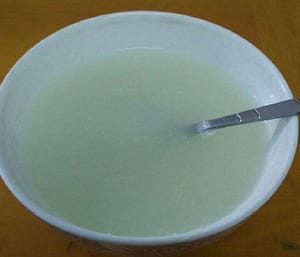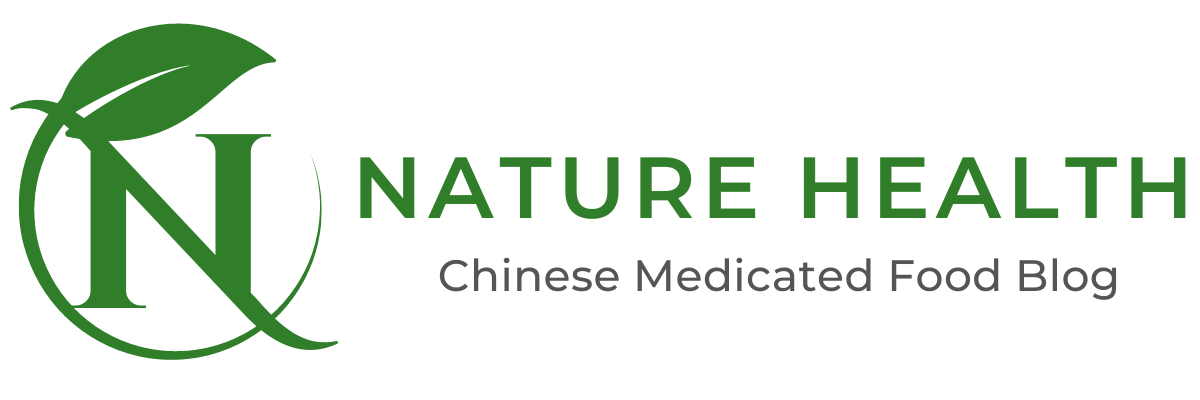Today let’s study a little bit about the Radish (Chinese name: 白萝卜). If you are living in tropical countries like Singapore, you would have seen radishes pretty common, especially in soups.
Do you know that radish is also commonly known as 小人参 (small ginseng)? This does not mean that you can use radish to boost immunity (like ginseng), but it means more of maintaining the healthy balance of qi in our body.
The thermal nature of radish is cooling but when it’s cooked, the thermal nature will become neutral. Thus, this means that people who have difficulty eating raw radish (due to stomach discomfort), these people can choose to cook the radish instead and then eat it.
Radish is one of the few vegetable-type foods that has great benefits to a few organs (another vegetable that also benefits several organs is the Chinese yam).
Radish has great benefits to the lungs, stomach, spleen, and large intestine.
For the lungs – radish can help to stop cough by dissolving phlegm. This means it is very effective against coughs that arise due to phlegm.
For the stomach and spleen – Radish can also aid digestion, and strengthen the stomach and spleen. It is a common practice to add radish seeds to formulated Chinese medicines. The reason because the radish seeds can help to protect the stomach and spleen from the possible harm caused by other medicines.
For the large intestine – Radish can also help in relieving constipation as it can help to improve bowel movement.
Perhaps the property that radish is best known for is its qi regulating (理气) effect. In the past, people used to eat radishes whenever they needed to get rid of either phlegm or some discomfort in the body due to the accumulation of phlegm.
The daily dosage (for radish) for a person is about 30g to 100g.
Benefits of Eating Raw Radish
 If you need to have a strong qi-regulating effect, then consider eating radishes raw/uncooked.
If you need to have a strong qi-regulating effect, then consider eating radishes raw/uncooked.
It is very common for people to drink raw radish juice if a person keeps coughing. Raw radish can help to regulate the qi of the lungs so that instead of upwards flowing (that’s why keeps coughing), it changes the qi of the lungs to downwards flowing. And thus, stopping the cough.
One disadvantage of eating raw radish is that your mouth might have a strong smell after that. Thus, it is better to administer this remedy if you are home-based without any social interactions.
Who Should Avoid Eating Radish
Radishes should not be eaten together with ginseng as the qi-boosting effect from the ginseng might be affected by the radish.
In addition, people with weak spleen and stomachs should avoid eating raw/uncooked radish. This group of people can consider eating cooked radish for the same healing effect.
Feel free to ask me any questions if you have.
Hope you find this information useful!
